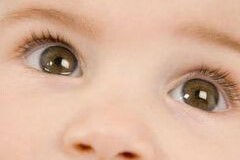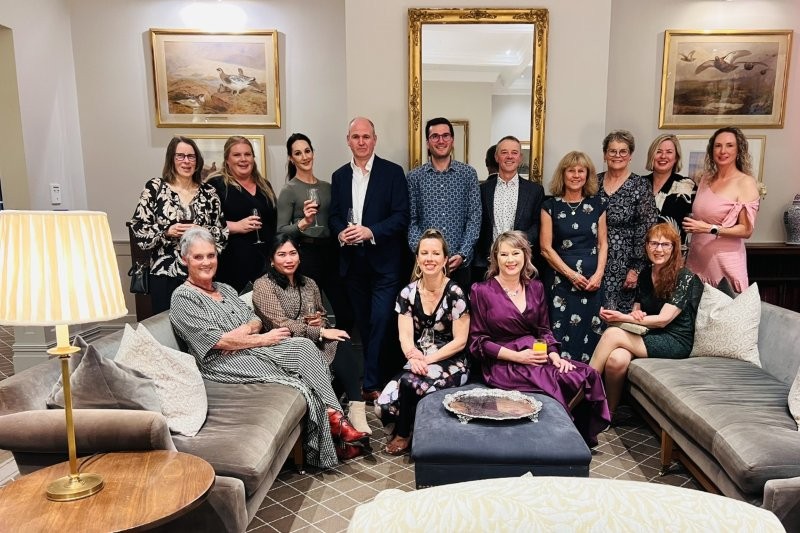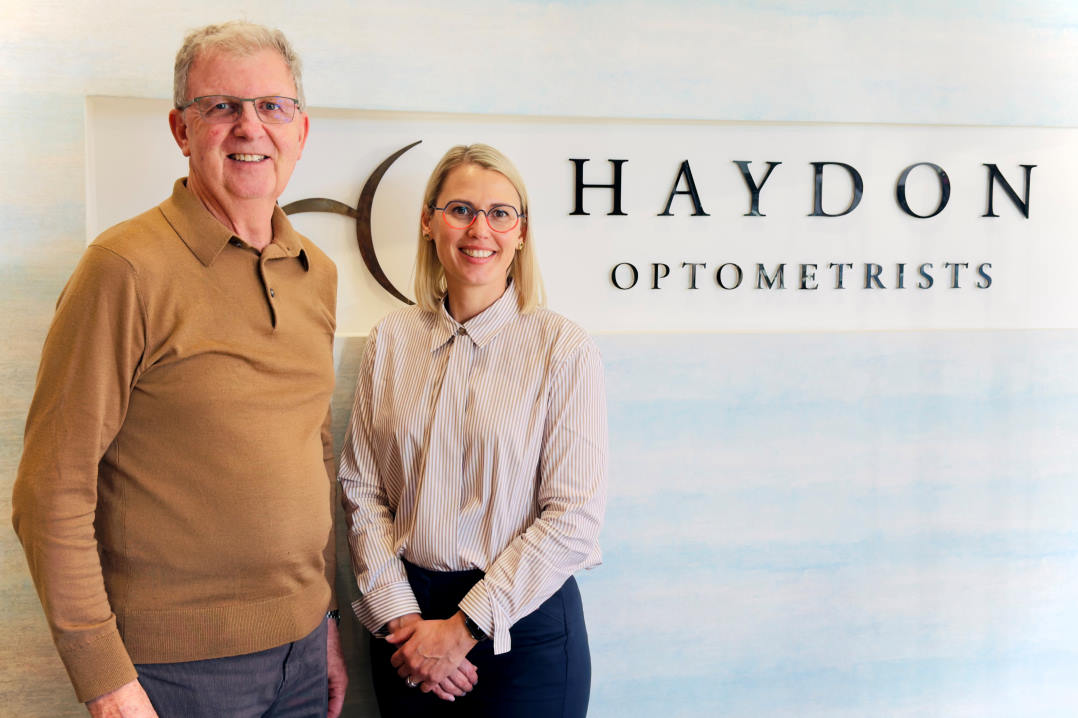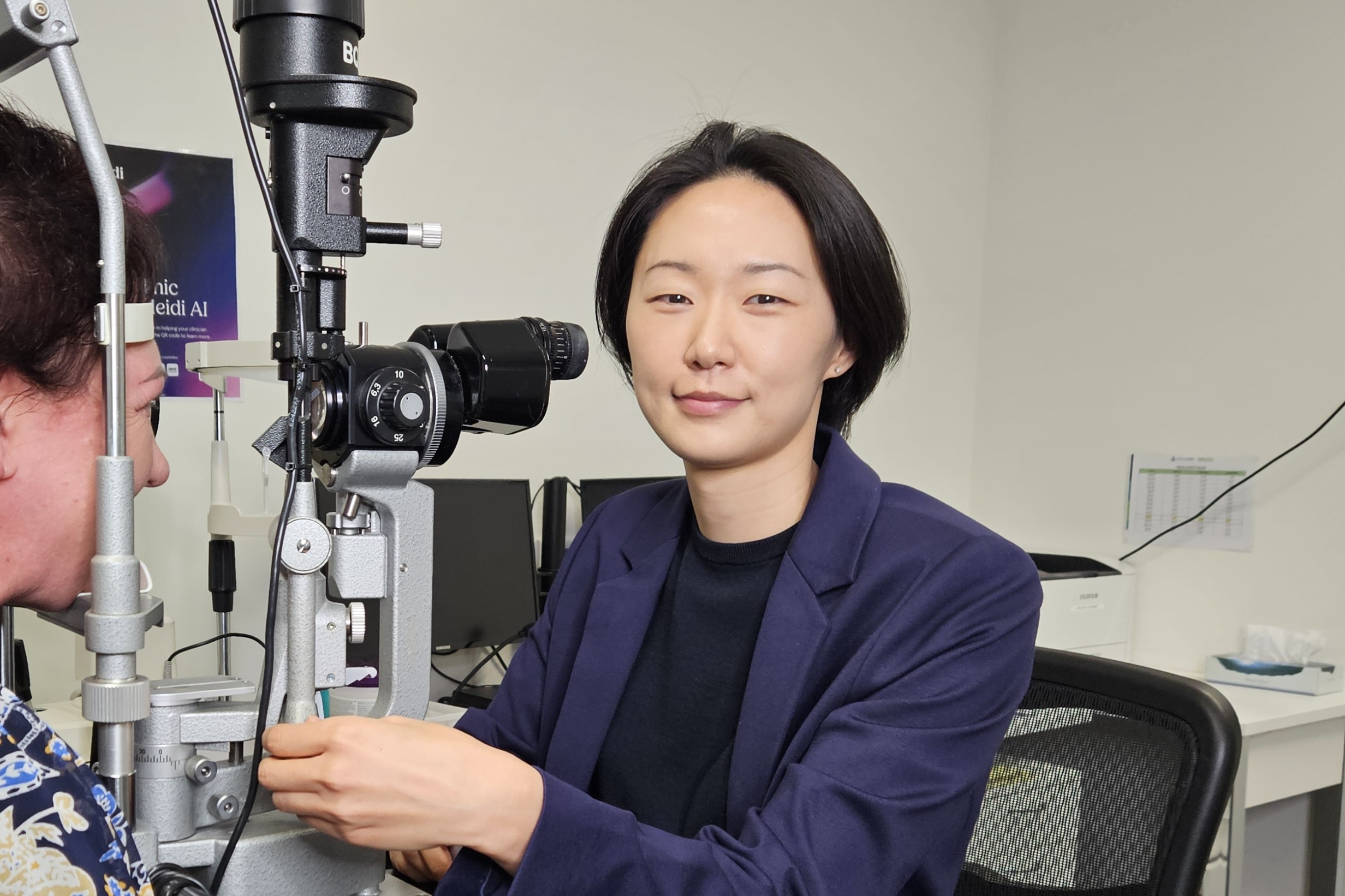Childhood glaucoma puts lifelong pressure on parents
A Flinders University study found high levels of anxiety, fear and initial shock among caregivers of young people living with childhood glaucoma, some of whom have been diagnosed with genetic glaucoma themselves.
“At the start, diagnosis of the childhood condition, at birth or up to 18 years, can be a stressful or traumatic experience for caregivers,” wrote ophthalmology researcher Lachlan Knight in his PhD study of 35 primary carers of childhood glaucoma cases.
“Caregivers face a number of psycho-social wellbeing risks, from feelings of guilt and regret about their child’s delayed diagnosis to fear and anxiety related to medical and social support, and later, loss of control as their child develops medical autonomy. This study raises concerns for caregivers’ quality of life, even though many of them develop positive coping strategies.”
More support for managing caregiver burden is required, including social as well as medical support, Knight said, adding a diagnosis could affect families’ family planning decisions.
The world’s first quality-of-life measuring tool for individuals with childhood glaucoma is also being developed by Flinders University researchers led by Professor Jamie Craig. Developed from interviews with more than 100 people impacted by childhood glaucoma, the tool will be used in future research and clinical settings to identify those who may benefit from extra support, including psychological or genetic counselling.
The study, ‘The caregiver experience in childhood glaucoma: An interview study’ (2022) was published by Ophthalmology Glaucoma.
























